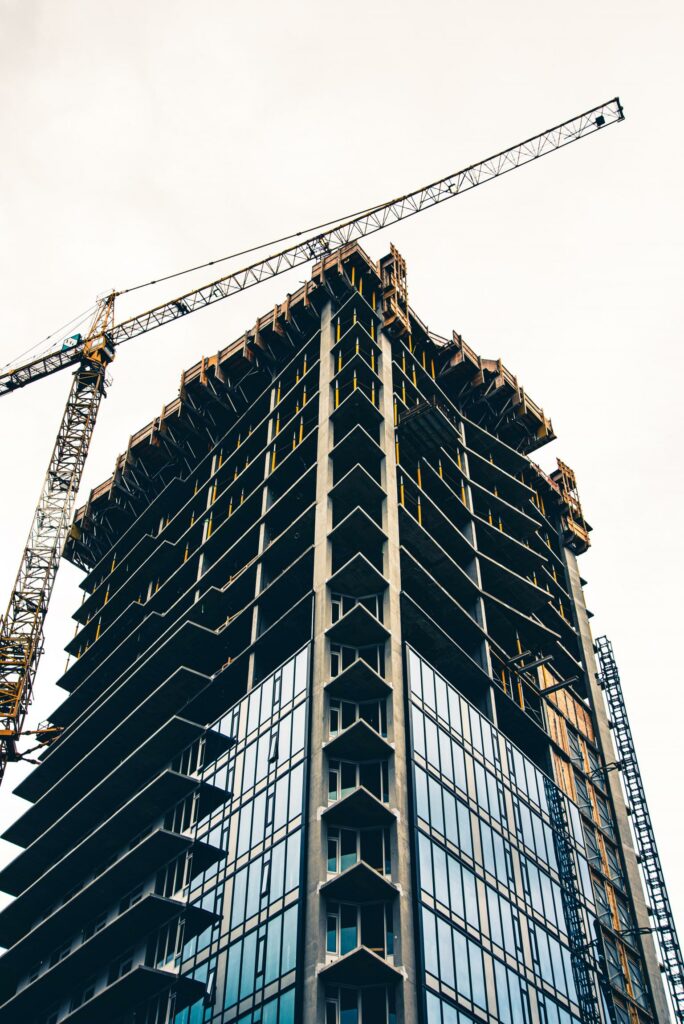The Minister for Building and Construction Megan Woods, has announced mandatory energy performance rating requirements for buildings, and waste minimisation plans for construction and demolition projects, could be phased in by 2024.
It’s estimated at least 50 per cent of what goes to landfill in this country is construction and demolition waste. That includes “hard-strip” structural materials like timber framing, and “soft-strip” items such as doors, light-fittings and carpet.
“Deconstruction with the intent of salvage and reuse, takes much more time, people power and money than simply knocking something down and chucking it all in a skip,” says the Chief Executive of Eco Choice, Laura Gemmell. “Until now, there has been no incentive for firms to do better. With the exception of some really progressive, smaller entities that have committed to doing so.”
That includes the likes of Taggart in Christchurch, which has been audited by Eco Choice for the past three years, to independently verify the company is diverting at least 70 per cent of waste away from landfill.
In Auckland, Trow Group salvages valuable construction materials and ships them to Tonga and other Pacific nations, to support local infrastructure projects which often have been damaged by climate-related events.
“Regulation is a great step, but it’s still some time away from fruition, and as we know, the clock is ticking very loudly when it comes to climate action,” says Ms Gemmell. “Further, regulation doesn’t promote innovation or motivate people to go above and beyond minimum requirements.”
“Central and local government are the largest procurers of goods, services and works in this country. If when awarding contracts, they required construction and demolition firms to meet independently verified waste diversion targets, we’d see an immediate and drastic reduction in the amount of construction materials filling up New Zealand’s landfills”.
